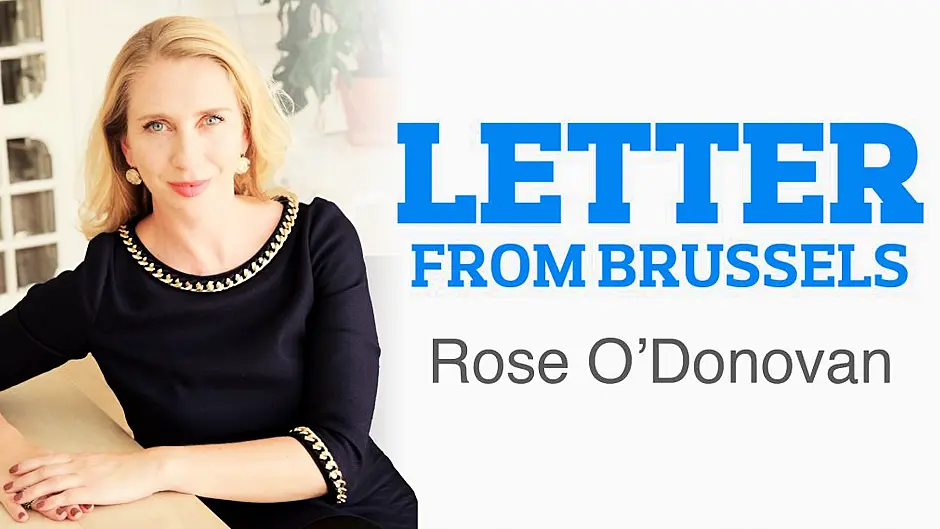EU Farm Ministers travelled to Luxembourg on October 15th for the second formal Council under the Austrian presidency.
EU Farm Ministers travelled to Luxembourg on October 15th for the second formal Council under the Austrian presidency.
At the meeting, Ministers discussed the future CAP plans, including the so-called ‘Strategic Plans’ that each country would have to prepare as part of the new framework post-2020. Delegations broadly supported the transition to a performance-based policy, but called for a ‘balance’ in responsibilities between the Commission and Member States under the new delivery model and a level playing field across the Union in the application of environmental rules.
Kicking off with a preliminary exchange of views on fishing opportunities in the Baltic Sea (2019), Farm Commissioner Phil Hogan debriefed Ministers on the outcome of the G20 Agri Ministerial held in Buenos Aires on July 27th and 28th where delegates slammed protectionism and pledged to reform WTO’s agricultural trade rules.
Meanwhile, the presidency confirmed Catherine Geslain-Lanéelle, former senior official in the French Ministry for Agriculture and ex-executive director of the European Food Safety Authority (EFSA), as the ‘single EU candidate’ for the post of FAO (Food & Agriculture Organisation) director-general ahead of elections in June 2019.
No other capitals indicated their intention to put forward a candidate, with names such as Gerda Verburg (former Dutch Minister) and Christian Schmidt (former German Minister) previously floated. If elected, the Toulouse native could become the first woman to head up the Rome-based UN agency.
Following the post-Council press conference, Health Commissioner Vytenis Andriukaitis updated Ministers on the evolution of African Swine Fever (ASF), highlighting the importance of co-operation on wild boar management. The EU health chief urged against the adoption of additional testing measures of pork products by Member States, saying it sends a negative signal to international trading partners.
The Lithuanian Commissioner would like to see greater co-operation between farmers, veterinary services, hunters and the general public in helping to curb the disease. The ASF virus was detected in the Luxembourg province of Belgium last month among nine wild boar – more than likely as a result of human activity. Raising awareness and adequate biosecurity measures are key to prevent it spreading any further, as the disease – harmful to pigs but not to humans – would have a devastating impact on the European pigmeat sector.
• Rose O’Donovan is the Editor-in-Chief of the Brussels-based publication AGRA FACTS & a regular contributor to the video platform www.vieuws.eu









